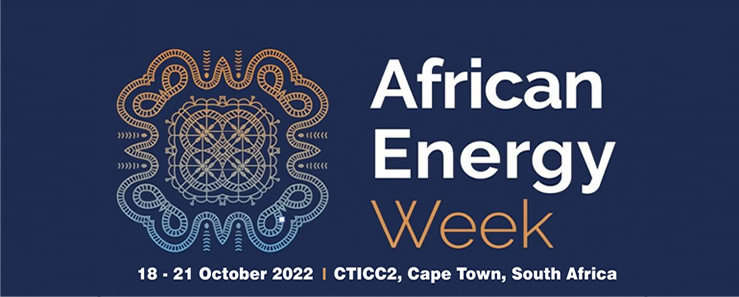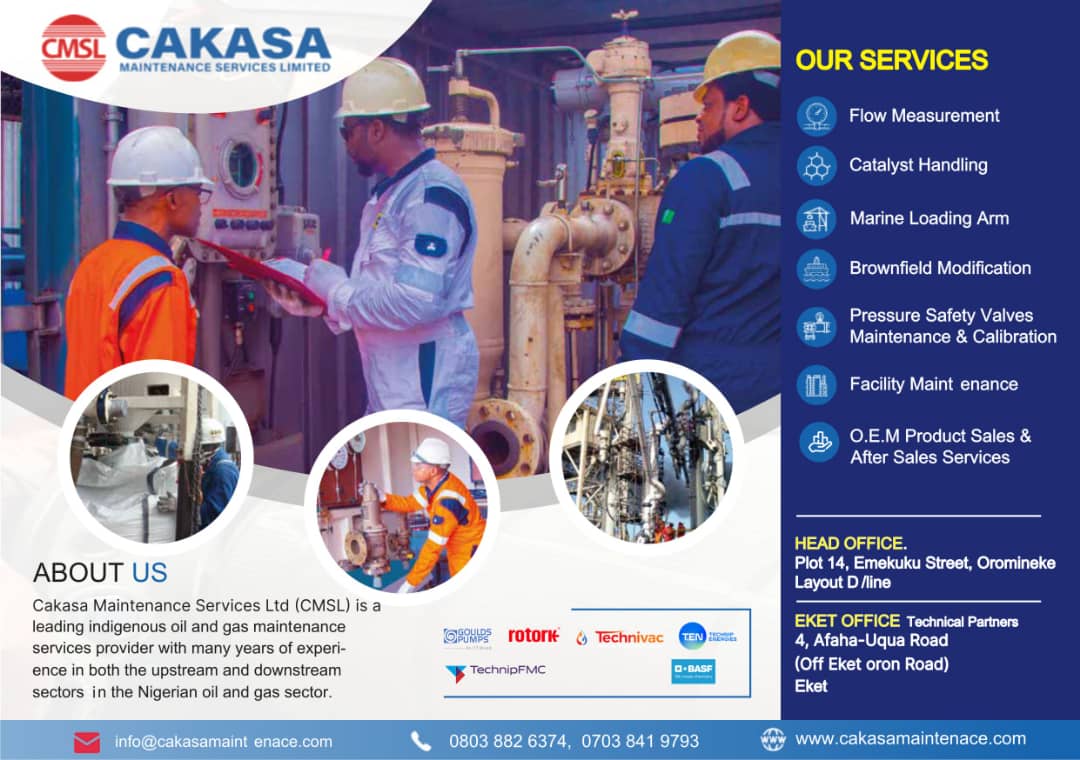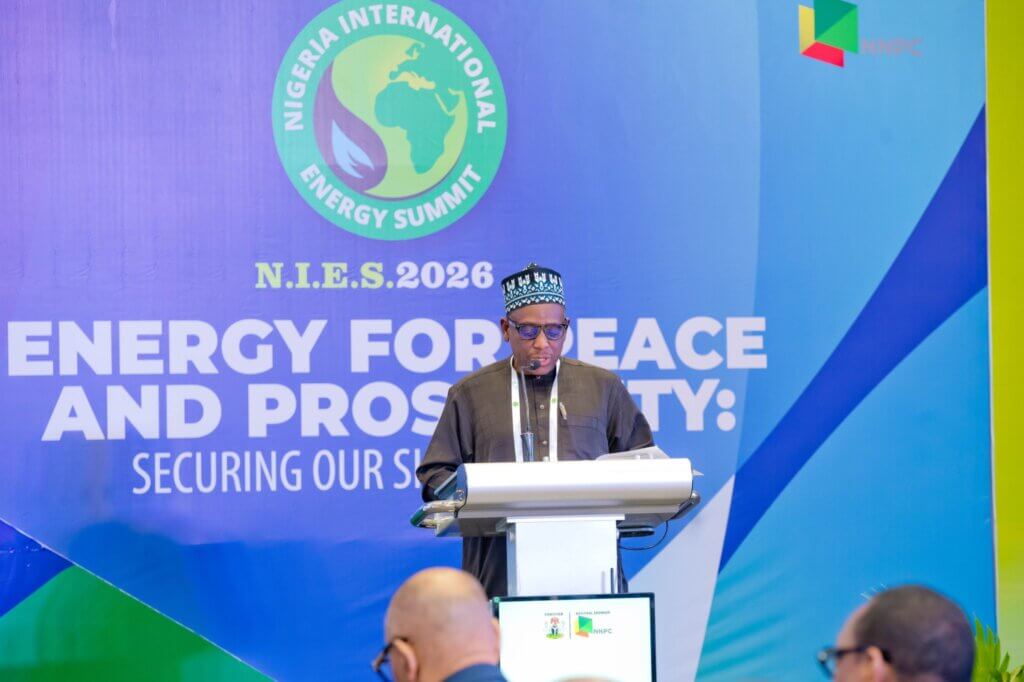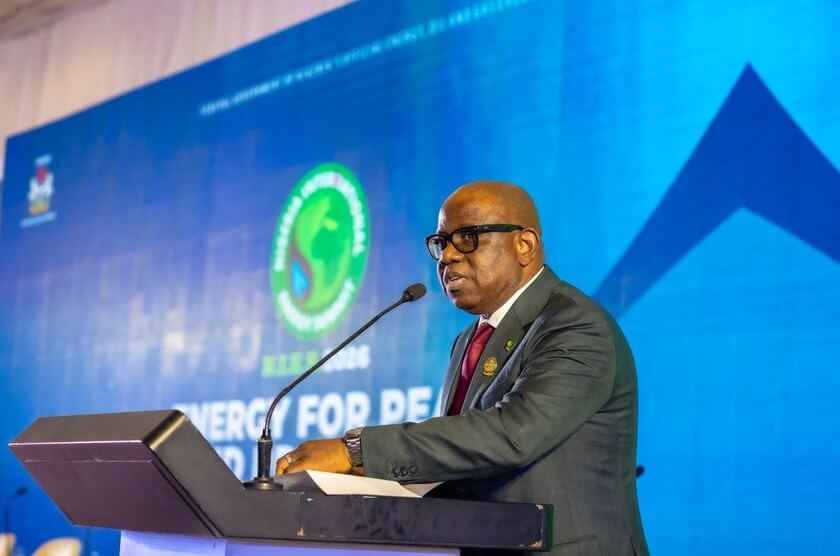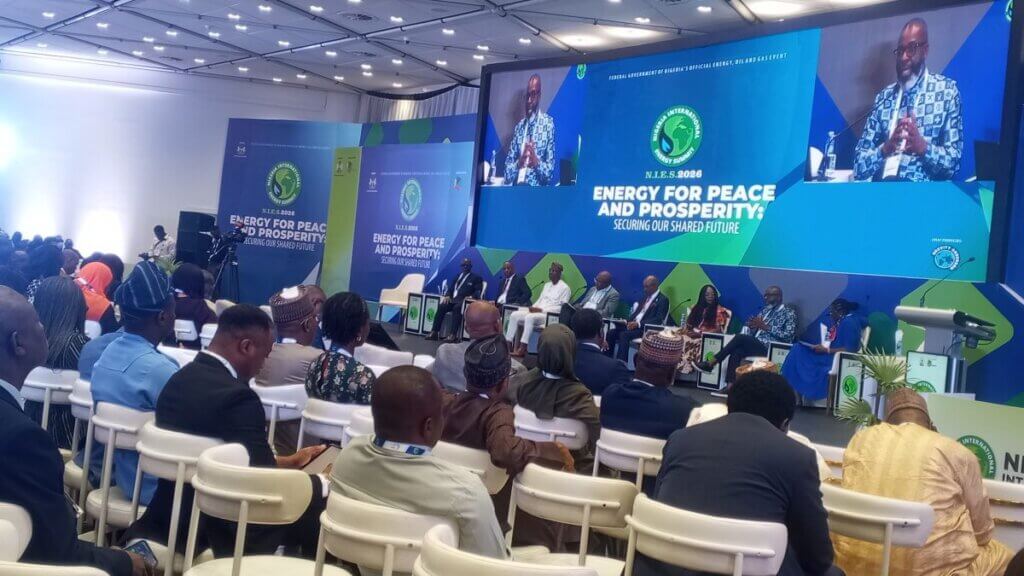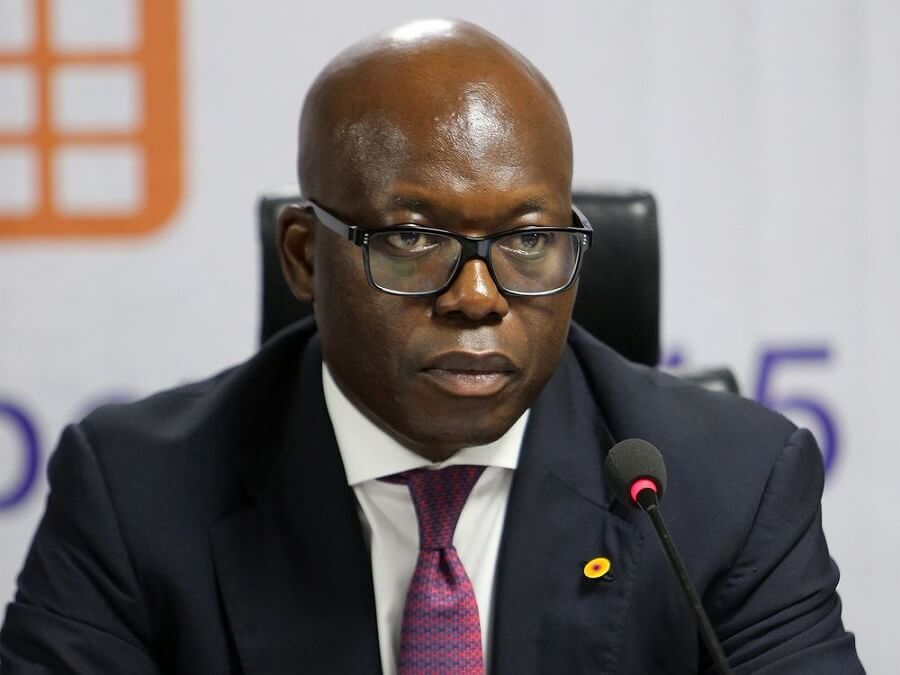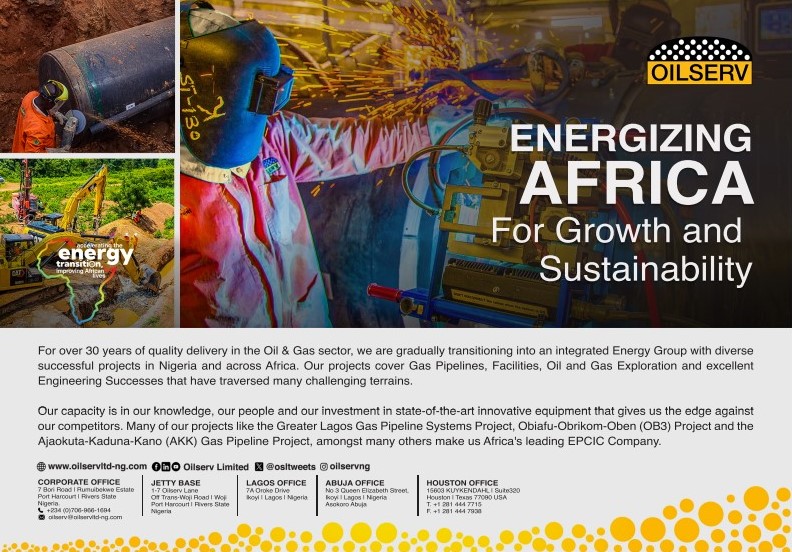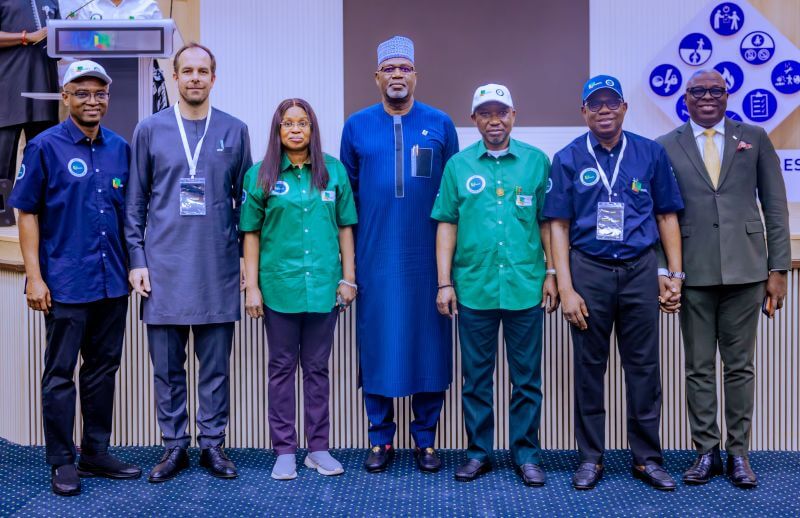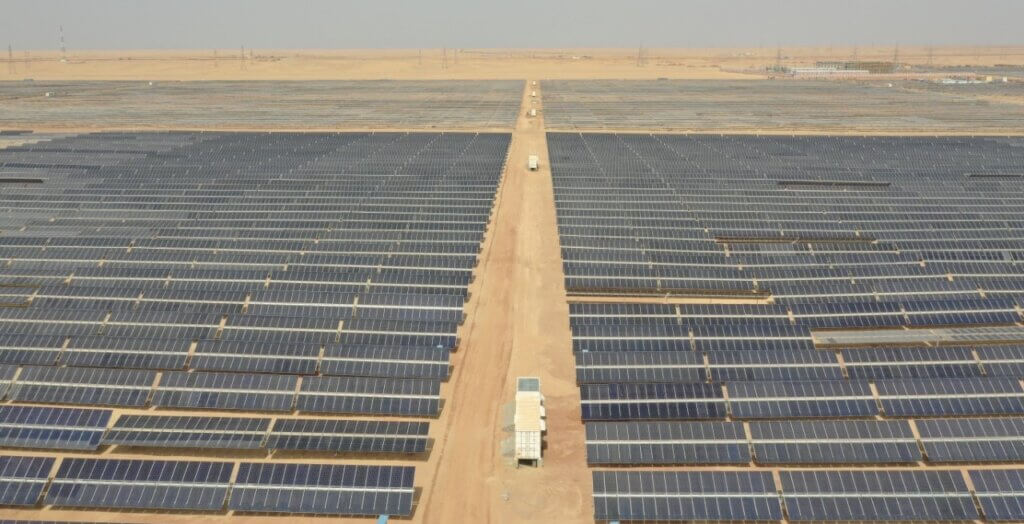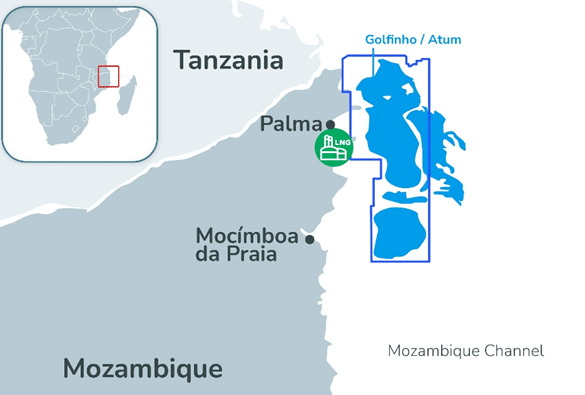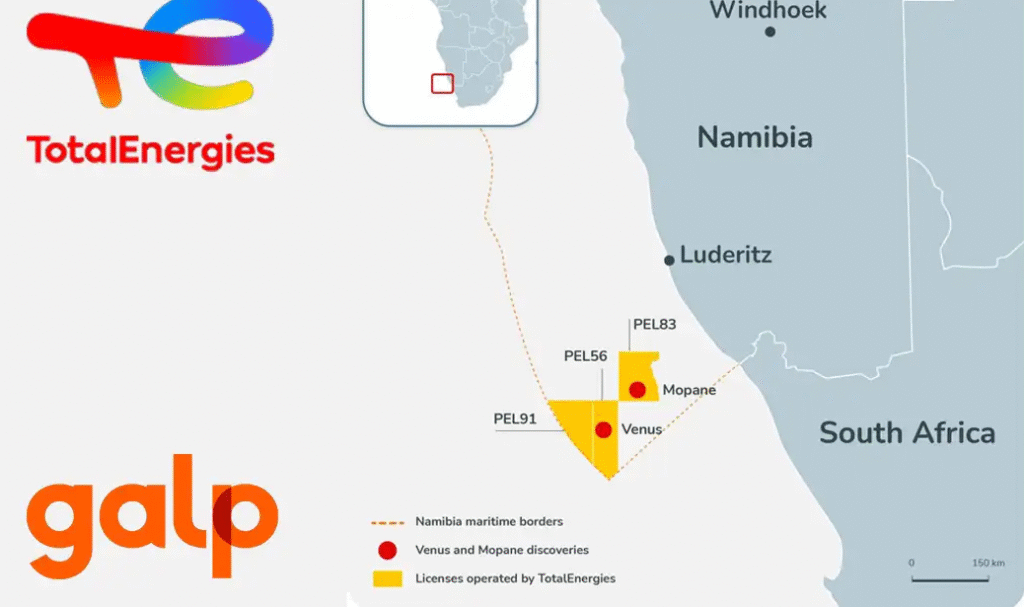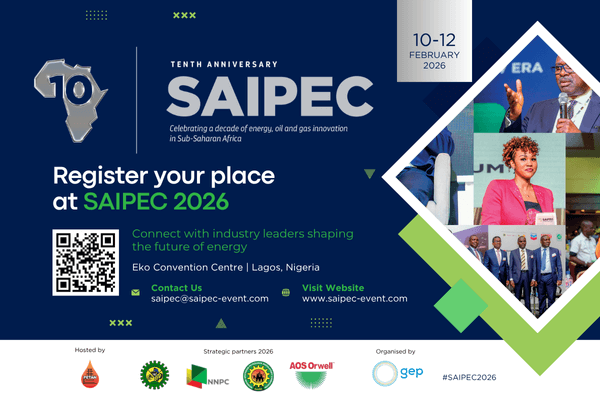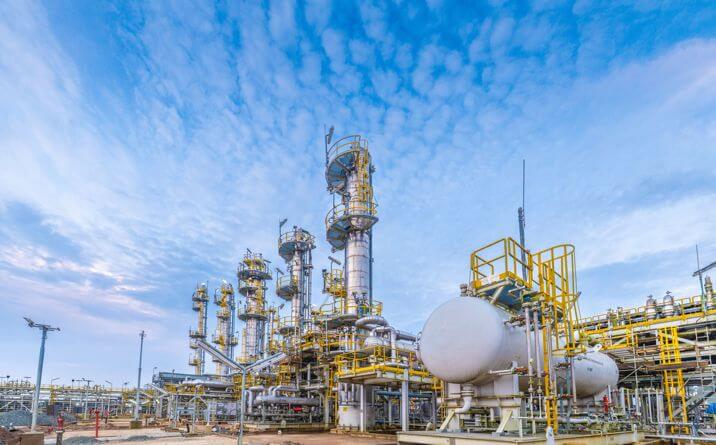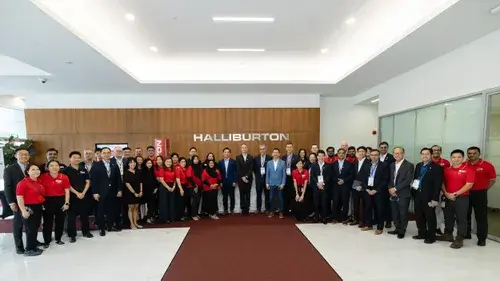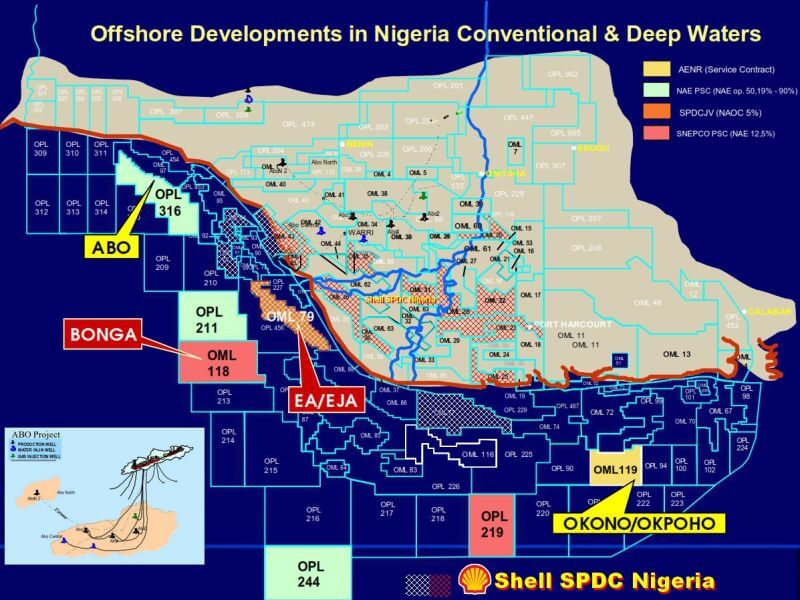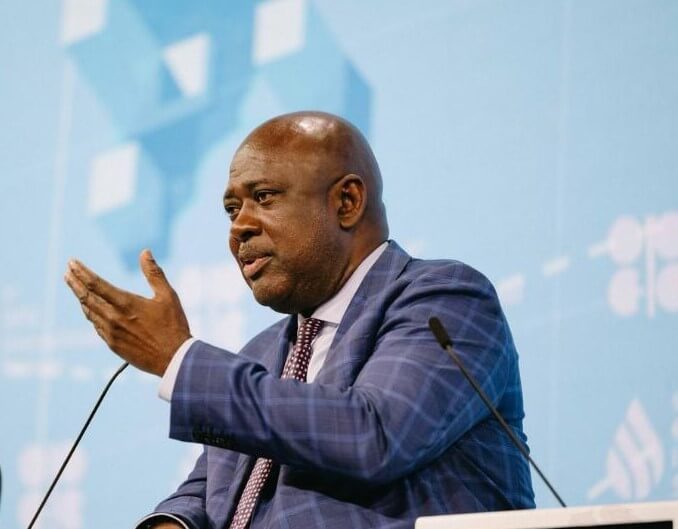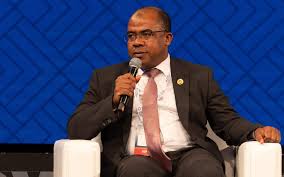
Digitalization is a key measure that allows operators to future-proof their asset portfolios by delivering the combination of efficiency, speed, and reliability required by investors and operators to thrive during the energy transition.
There is no one-size-fits-all approach to the energy transition, but digitalization is a flexible and robust pathway that can be developed in tandem with corporate, policy, and financial priorities in flux.
O&G companies are continually repositioning for short-term energy reliability priorities, and here digitalization in the form of digital twins provides an in-depth understanding of optimization measures that can lower risk, costs, and emissions. It introduces more autonomous ways of working for higher returns by supporting workers to reskill, grow into new roles, and engage in immersive training on-site or remotely – thereby allowing operators to scale down the workforce, mitigate the imminent risk of labor shortages, and streamline operating expenses.
A digital twin can facilitate a cumulative effect of optimization for the entire value chain, even under changing market conditions. In fact, major integrated energy operators worldwide have used a digital twin solution as an enabler of digitalization across their operations with impressive results*:
- 5-30% increase in productivity by simplifying collaboration, enabling remote operations, and leveraging more autonomous workflows
- >20% reduction in greenhouse gas emissions through CO2 emissions tracking and reporting features like the Emissions Dashboard and facility modeling that provides carbon emissions transparency
- Decision-making backed by performance metrics that help measure the projected profitability of assets against the required costs of capital for new and existing investments
- Up to 85% reduction of manual work for processes like energy nomination by using Machine Learning to predict the energy consumption of various operating scenarios
- Release of 5-7% per annum in cost avoidance through Proactive Technical Monitoring of equipment conditions and behaviors
Digital twins are consistently demonstrating how true digitalization can instill confidence for pragmatic growth that justifies renewed capital investments in O&G, help unlock safer operations, and move towards greener operations across the energy industry by embedding ESG measures into operations. As investors continue to search for a strategy that secures future energy needs in line with long-term net-zero ambitions that also account for risk factors in the valuation of portfolios, digital twins are beckoning.




















